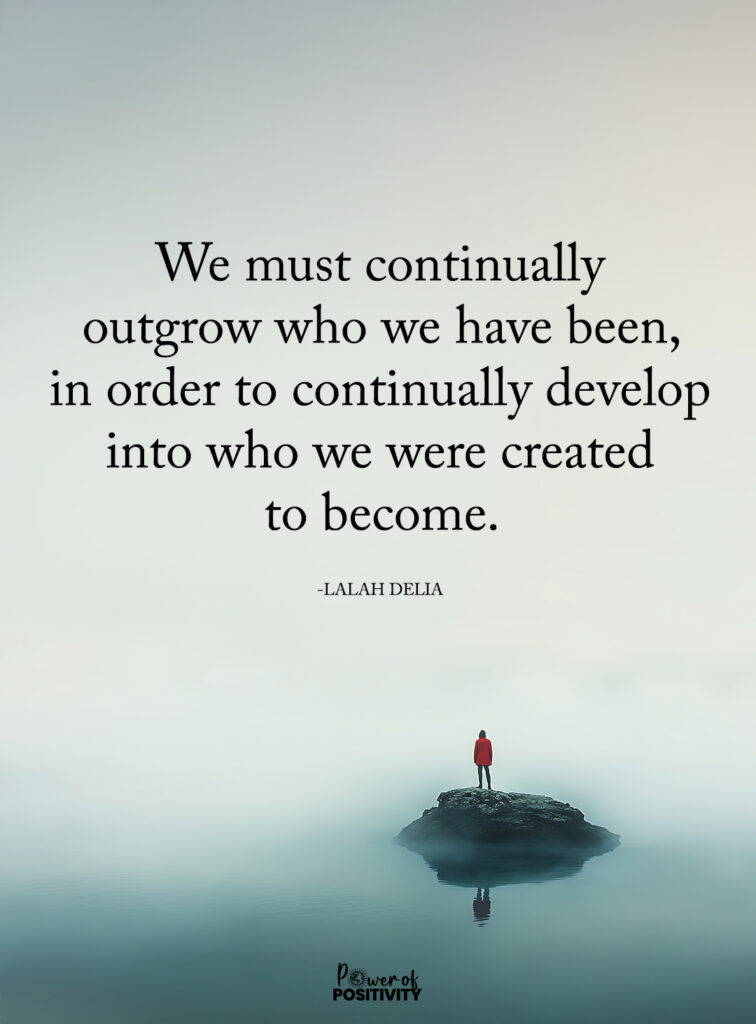Stress shows up in everyday life — traffic jams, unread emails, money worries — and after a while, it starts to feel normal. But just because something is common doesn’t mean it’s harmless.
What many people don’t realize is that stress isn’t just “feeling overwhelmed.” It’s actually your body reacting like there’s a threat nearby — even when there isn’t. It’s a survival response that was meant to protect us from danger, not handle back-to-back meetings or endless to-do lists.
The real problem? Our culture often treats stress like a badge of honor. If you’re tired, anxious, or stretched thin, people assume you’re just working hard. That kind of thinking keeps you stuck.
This article isn’t about pushing through. It’s about recognizing when stress is taking over — and more importantly, how to take your power back before it wears you down. Because feeling this way all the time isn’t how it’s supposed to be.
What Stress Is Doing to You (Even When You Don’t Notice)
You might think stress is something you only feel during a big argument or a tough deadline. But the truth is, it can run in the background all day without you even realizing it. When that happens, your body keeps reacting like something’s wrong, even if you feel “fine.”
Stress hormones like cortisol stay high. That can raise your blood pressure, mess with your sleep, and even lower your immune system’s ability to fight off illness. Over time, it wears you down from the inside out.
What You Might Blame on Other Things
It’s easy to think your poor sleep, cranky mood, or upset stomach are just random. But often, they’re stress symptoms hiding in plain sight. You might still be showing up to work, cleaning the house, checking off tasks — and still feel off.
Here are signs stress might be behind it:
- Trouble falling or staying asleep
- Feeling tired no matter how much you rest
- Frequent stomach aches or changes in appetite
- Snapping at people over small things
- Feeling wired and exhausted at the same time
Knowing what stress does to you is the first step in figuring out how to take your power back.
Where Stress Starts — And Why It Sticks Around
Stress doesn’t always come from one big thing. Sometimes, it’s a bunch of small stuff that piles up until you hit a wall. A sink full of dishes, unread messages, skipped meals — they seem small, but your body keeps track.
Some everyday triggers include:
- Cluttered spaces that feel overwhelming
- Constant notifications on your phone
- Not drinking enough water or eating real meals
- Long to-do lists with no breaks
- Feeling like you have to be “on” all the time
These things may seem harmless, but over time, they keep your stress system turned on.
Your Nervous System Isn’t Built for This Pace
The body has a built-in alarm system called “fight or flight.” It’s supposed to help you respond to danger. But today, that system goes off constantly — not just during emergencies, but when you’re running late, reading bad news, or juggling too much at once.
When your body never gets to reset, it leads to burnout. And burnout isn’t just feeling tired — it’s your brain and body saying, “I can’t keep doing this.” Understanding this is key if you’re ready to learn how to take your power back from stress.
Stress Isn’t Your Fault — But Recovery Is Your Choice
Feeling overwhelmed doesn’t mean you’re weak. It means your body is trying to protect you from doing too much for too long. Some people carry more stress simply because they’ve been holding it in for years.
There’s nothing wrong with having limits. Everyone has them. The problem is pretending you don’t.
Why Shifting Out of Stress Starts with You
No one else can flip the switch for you. Learning how to take your power back means making the choice to slow down, say no, and pay attention to how you really feel.
Instead of pushing through, you pause. Instead of ignoring the tension, you ask what’s causing it. That shift — from reacting to responding — is where your control starts to come back.
10 Powerful Ways to Take Back Control
You don’t need a total life overhaul. But if you want to feel better, you’ll need habits that let your body and brain feel safe again. Here’s how to take your power back, one step at a time:
1. Move Gently and Often
You don’t need to hit the gym. Just stretch, walk, or dance in the kitchen. Movement helps your body release stress hormones and gives your mind a break. Even five minutes can make a difference when done regularly.
2. Eat to Stabilize Your System
Skipping meals or eating too much sugar can mess with your mood. Stick to simple, real foods — things like eggs, rice, veggies, and nuts. When your blood sugar stays steady, so does your energy.
3. Limit Digital Overload
Constant scrolling keeps your brain in overdrive. Set a limit on social media and turn off non-urgent notifications. A few screen-free hours each day can give your nervous system the break it needs.
4. Learn to Say “No” Without Guilt
Every “yes” takes your time and energy. If something doesn’t feel right or adds to your stress, it’s okay to say no. Protecting your peace is one way you learn how to take your power back.
5. Let Nature Do the Heavy Lifting
You don’t need to plan a big hike. Just sit outside for ten minutes, touch some grass, or stare at the trees. Nature has a calming effect that resets your stress response almost instantly.
6. Build a Calm-Down Routine That Works for You
When your brain starts racing, you need a go-to ritual. Try taking a warm bath, writing in a notebook, or breathing deeply. Doing the same calming activity regularly tells your body it’s safe to relax.
7. Watch Your Caffeine Creep
That third cup of coffee might not be helping. Caffeine can make you feel jumpy or anxious. Try cutting back slowly or switching to tea. Keeping it under control helps keep your mind more steady.
8. Protect Your Sleep Like It’s Sacred
Sleep isn’t a luxury — it’s a reset button. Turn off screens an hour before bed, dim the lights, and keep your room cool and quiet. Rest is one of the best ways to take your power back overnight.
9. Find Connection, Not Just Company
It’s not about being around people — it’s about being understood. Talk to someone who listens without judging. That kind of support can pull you out of the stress spiral quicker than anything else.
10. Check In With Yourself, Not Just Your Calendar
Don’t wait until you’re drained to notice something’s off. Ask yourself during the day, “What do I need right now?” That one question can help stop the stress cycle before it starts — and it’s a quiet way to take your power back when things feel too loud.
When Stress Runs Deep — And What to Do Next
Sometimes stress isn’t just about the present — it comes from old pain, trauma, or years of trying to hold everything together. If that’s your story, there’s no shame in that. There are people trained to help.
Options like therapy, support groups, or trauma-informed tools can help you rebuild your sense of safety from the inside out.
No Shame in Getting Help
You don’t have to carry everything alone. Reaching out isn’t a sign of weakness. It’s one more way to say: I’m ready to stop surviving and start healing. That’s what it really means to learn how to take your power back — and finally start feeling better.
Final Thoughts: You Don’t Have to Live This Way
Stress shows up in all kinds of ways — but that doesn’t mean it gets to run your life. Feeling overwhelmed all the time isn’t just “part of being an adult.” It’s a sign your body’s asking for something different.
Taking back control doesn’t happen overnight, but small changes can shift everything. Knowing your limits and building habits that support your peace is where it starts.
You may not be able to stop the chaos around you — but you can stop letting it shake you. That’s what it means to take your power back — and keep it.















